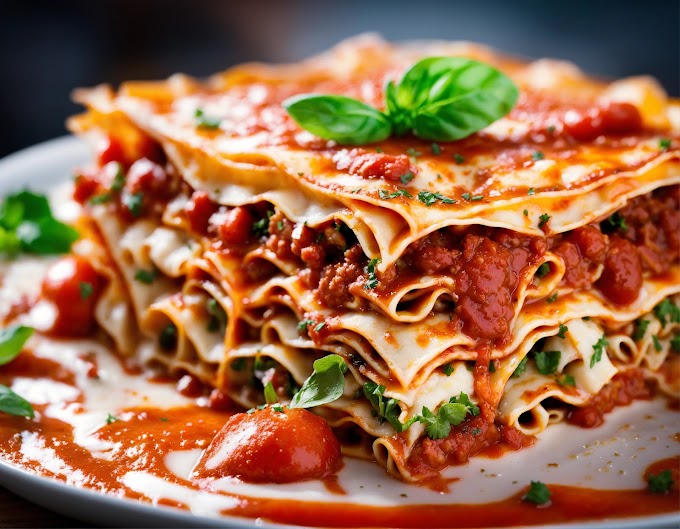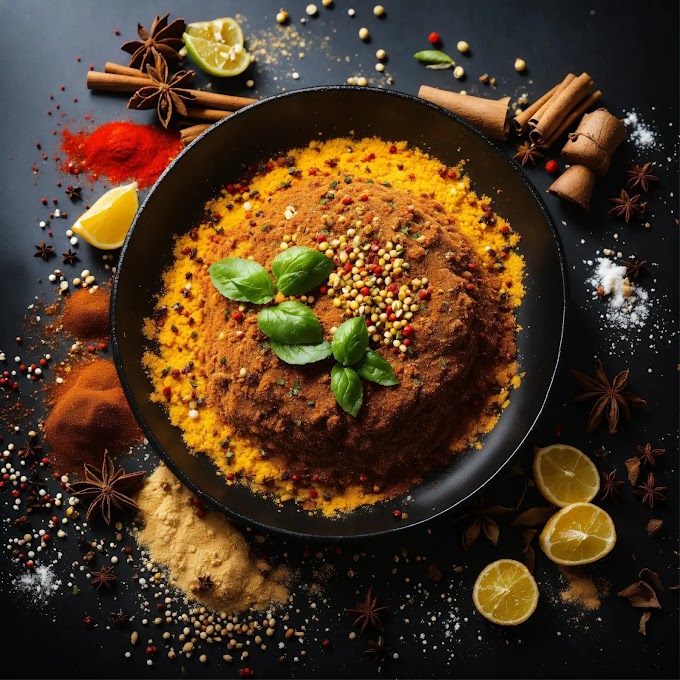Introduction:
Sour cream, that creamy, tangy delight, has an uncanny ability to elevate the flavors of our favorite dishes. Yet, the burning question persists: Can recipes with sour cream withstand the icy grasp of the freezer without losing their culinary charm? In this comprehensive exploration, we delve into the science, intricacies, and best practices surrounding the freezing of recipes featuring sour cream.
Understanding the Dynamics of Sour Cream:
Before we embark on our freezing adventure, it's crucial to understand the composition of sour cream. Born of cream fermentation with lactic acid bacteria, sour cream possesses a unique texture and flavor profile that makes it a kitchen superstar. However, its delicate nature raises concerns about its ability to endure the freezing process unscathed.
Recipes that Brave the Chill:
Fortunately, not all hope is lost. Many dishes that incorporate sour cream can weather the freeze admirably. Casseroles, soups, stews, and baked goods like muffins and cakes often emerge victorious from the freezer, maintaining their taste and structure. The success, however, hinges on the specific recipe and the role sour cream plays within it.
The Texture Tango:
One cannot venture into the world of freezing sour cream-laden recipes without acknowledging the impact on texture. Freezing may induce subtle changes, causing sour cream to become slightly thinner or grainier upon thawing. While more noticeable in recipes where sour cream is a star, these textural shifts can often be managed with a strategic approach.
Pre-Freezing Prowess:
To fortify recipes against the potential pitfalls of freezing, a crucial practice involves pre-cooking dishes before they enter the frosty realm. This ensures that all ingredients meld harmoniously, minimizing the risk of sour cream undergoing textural transformations. Soups and casseroles, when fully prepared before freezing, often emerge from the thawing process with their deliciousness intact.
Post-Thawing Refinement:
The freezing saga doesn't conclude when you pull your masterpiece from the freezer. Some recipes may require post-thawing tender loving care. If a casserole appears to have lost some moisture due to the inclusion of sour cream, a quick stir and a brief oven visit can often rejuvenate its original consistency.
Conclusion:
In the realm of freezing, recipes featuring sour cream can endure and emerge with their flavors and textures intact. Armed with an understanding of the science behind sour cream and the nuances of freezing, you can confidently embrace the convenience of frozen culinary delights without sacrificing taste. Happy freezing and even happier feasting!
FAQs:
Q1: Can I freeze sour cream by itself?
A: No, freezing sour cream on its own is not recommended. The separation of liquids and solids during freezing can lead to an undesirable texture post-thawing. It's best to incorporate sour cream into a full recipe before freezing.
Q2: How can I maintain the texture of sour cream-based dishes after freezing?
A: Pre-cook the dish before freezing to allow ingredients to meld, and consider post-thawing adjustments if needed, such as stirring and a brief oven visit to restore the original consistency.
Q3: Are there specific recipes that freeze better with sour cream?
A: Casseroles, soups, stews, and baked goods like muffins and cakes generally freeze well with sour cream. However, the success depends on the overall composition and the role of sour cream in the recipe.
Q4: Can frozen dishes with sour cream be as flavorful as freshly made ones?
A: Yes, with proper freezing techniques and adjustments, frozen dishes with sour cream can retain their delicious flavor, though there might be slight textural differences.










Thank you for comments